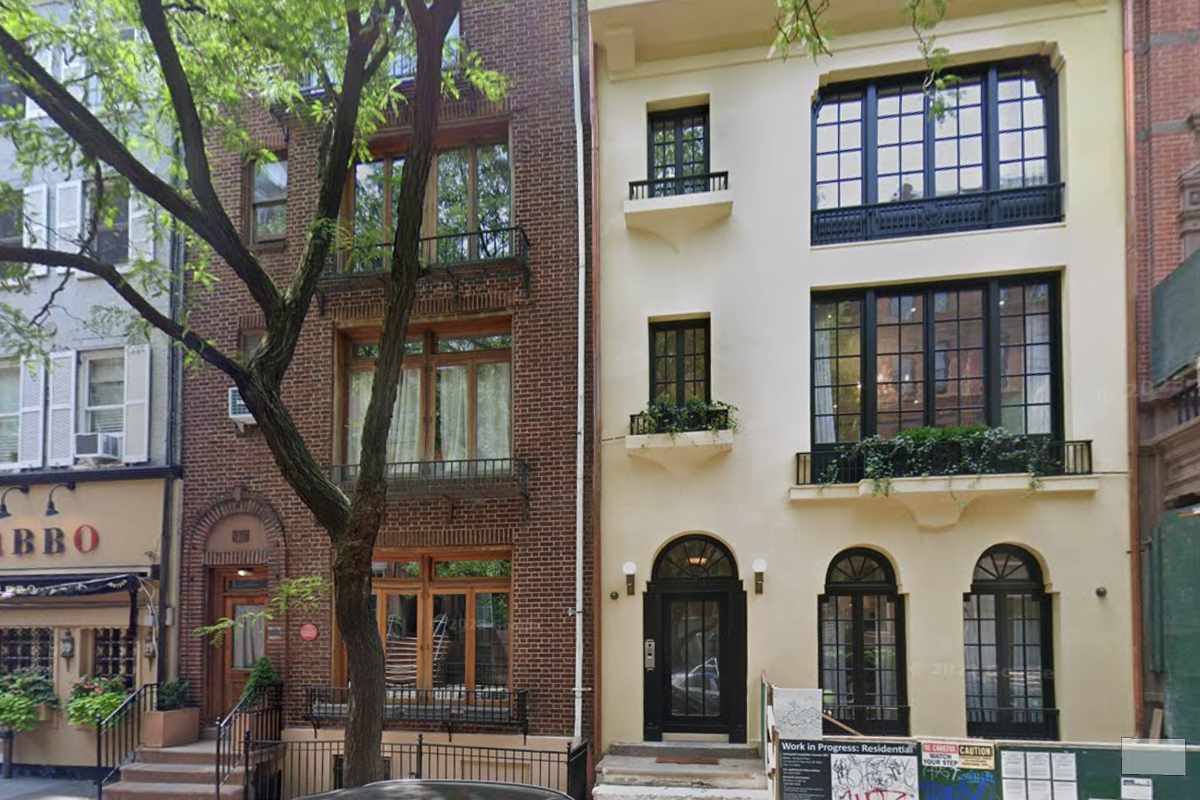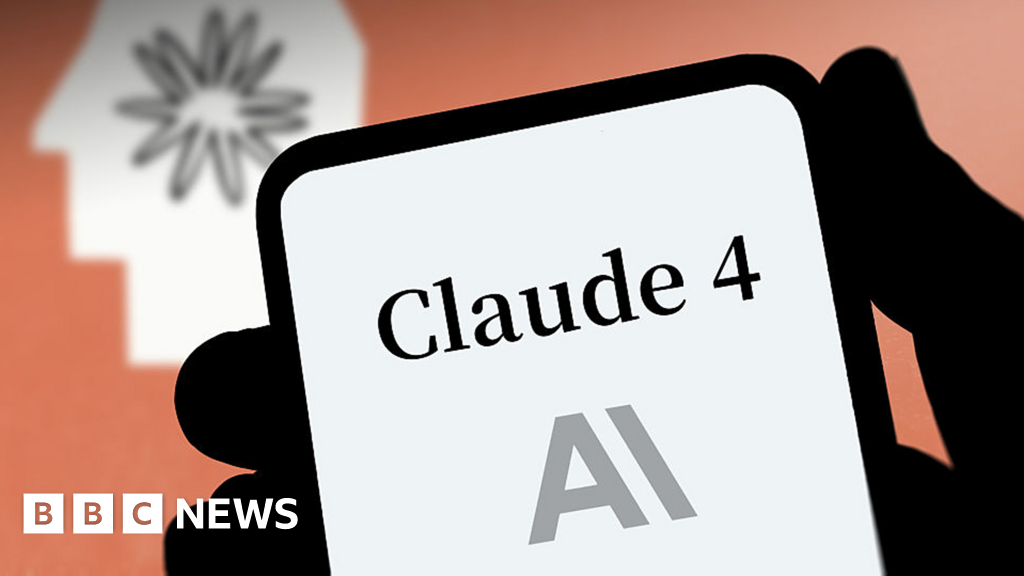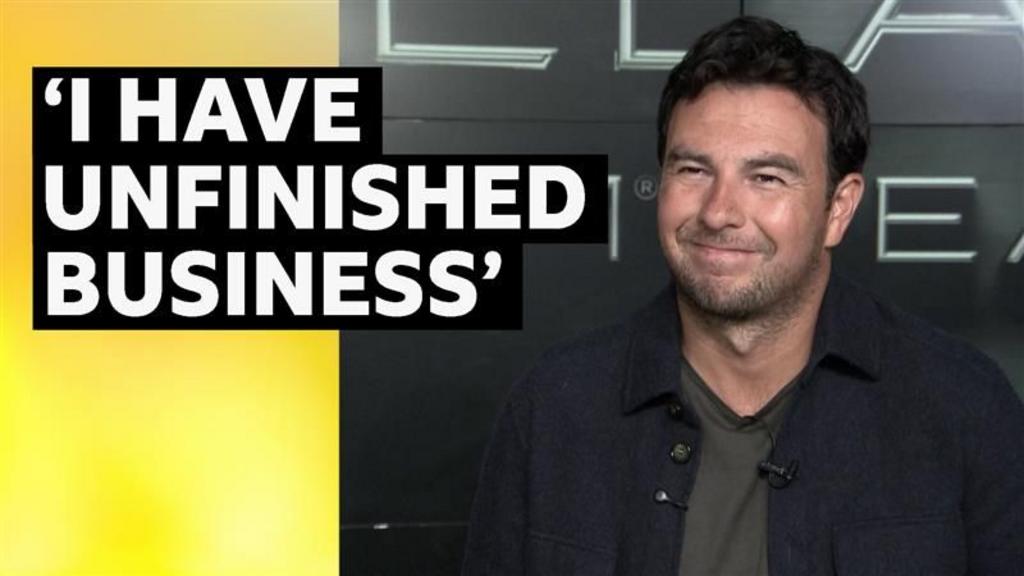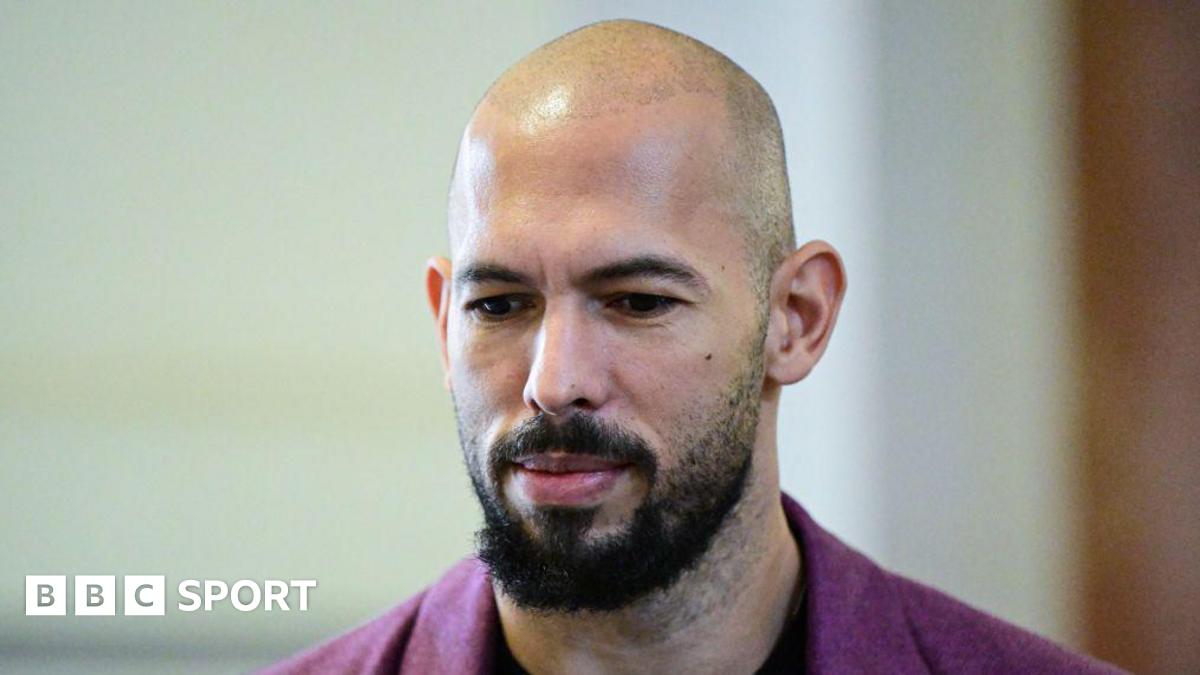Fixing restitution laws: Has paying one’s debt to society gone too far?

Earlier this year, I awoke to the sounds of some of my incarcerated peers excitedly talking about their trust accounts (our version of a bank account). Their restitution fines—court-ordered payments added to one’s sentence as punishment—had disappeared. Debts as high as $10,000 wiped clean.
On January 1, 2025, California implemented Assembly Bill 1186, also known as the REPAIR Act, signed into law by Governor Gavin Newsom. The new law provides restitution relief for those who have had fines longer than 10 years or are under 18 years old. Outstanding balances that remain for adults’ fees will be cleared, and the responsibility for paying restitution fees for those under 18 now belongs to the Crime Victims Compensation Board.
In a press release about the act, its author, Assemblymember Mia Bonta stated, “It costs more to collect fines than they are worth, and those being ordered to pay restitution have an increased likelihood and severity of future incidents of harm. This is a win for justice and it is a win for public safety.”
Among those experiencing the impacts of the act was Michael Walker. Sitting in his cell in San Quentin Rehabilitation Center’s North Block housing unit, an officer stopped at Walker’s door and handed him a copy of his prison account statement. “I didn’t look at it,” he said. “I folded it up and threw it in my locker; but then my neighbor asked me if my restitution fine was still showing. I checked, and sure enough it was gone. I just started smiling.”
Walker had no money or assets when the criminal courts ordered him to pay a $10,000 fine over 20 years ago as part of his sentence. While the trial court judge said he could pay his debt off over time, his job in the prison’s main kitchen only paid 0.21 cents an hour. For years he felt like the fine was mocking him. He felt a deep sense of what he described as “abject” poverty. “It’s not that I didn’t want to pay my restitution, ” he said. “I couldn’t. The state does not provide me with the economic ability to pay.”
Two tiers down in North Block, Michael Moore experienced a similar sense of relief, his $10,000 also erased. Most of the jobs Moore has held in his years incarcerated do not have a pay number, meaning he has long received no money for his labor; for that reason, Moore is reluctant to work. He’s currently a student via a college program within San Quentin. “At first I didn’t believe it, I thought they made a mistake,” Moore shared. “But then someone told me they had passed a new law. It’s like a heavy weight has been lifted.”
The REPAIR Act comes at a pivotal moment when society is coming to terms with how finances have become a harmfully intrinsic component to realizing freedom from prison.
Buried in fines before the REPAIR Act
I have been incarcerated for 30 years. I believe in restitution, and paid mine off in 2013. It took me 17 years to pay off $5,000—and it wasn’t thanks to jobs in prison. Incarcerated people in California earn between $0.30 to $1.50 an hour on average, per the Prison Policy Institute; and with policies like Proposition 6, an effort to end forced labor, getting denied, we aren’t going to see increased wages inside prisons any time soon.
I believe in compensating people to whom I have caused harm. But, as Bonta says, the system has long created more victims. Reports show that two-thirds of those paying restitution indicate unpaid fines impact their ability to afford food and rent, 60% say it threatens their ability to pay utilities, and 93% say it affects their ability to pay other debts. Youth of color are also more likely to be ordered to pay restitution and at higher amounts due to targeted policing of Black and brown communities. “[Restitution] puts a lot of pressure on people to potentially go for the quick dollar, which is potentially committing another crime,” Bonta said.
For decades, the California Department of Corrections & Rehabilitation (CDCR) has automatically deducted 55% of our earnings to go toward restitution. It could take a decade or more for those who make less than a dollar a day to pay off these debts, compared to a matter of months with a minimum wage job in society. (There is no statute of limitations for when restitution must be paid in California; incarcerated individuals are not obligated to pay before they leave prison).
In response to massive income gaps nationally, many families seek to support their incarcerated loved ones by sending them money. The money they share is also halved by the state toward restitution. Parents have become subject to unforgiving collection practices and the collateral consequences of court-ordered debt, including negative credit impacts, bank levies, and property liens.
Restitution fines have also inhibited people from getting paroled. Several months after a California Board Of Parole Hearing (BPH) panel found Vincent O’Bannon suitable for parole in the summer of 2023, he was escorted by two Investigative Service Unit (ISU) officers to an institutional security unit office at the San Quentin Rehabilitation Center. After reading him his Miranda Rights, the officers informed O’Bannon they were investigating him at the request of BPH authorities to determine if he was avoiding paying restitution. In monitoring several phone calls between O’Bannon and his wife, they had determined he was having his wife put money into the accounts of incarcerated peers to circumvent his payments.
Restitution and other fines’ impact on parole
O’Bannon said he placed money in others’ accounts in order to supplement the small portions of food the prison provides and to purchase hygiene and other products via commissary. Had he placed the money into his own account, it would be subject to a 55% restitution deduction, leaving him little to meet his needs. With barely enough palatable food and nutrition available to us, incarcerated people depend on our wages to buy other food. CDCR also does not provide incarcerated people with scented soaps, deodorant, hair grease, lotion, or toothpaste, nor do they provide comfortable leisure clothing. Incarcerated individuals have to purchase these items from canteen vendors that have historically engaged in price gouging. Consequently, it isn’t a mystery why the problem of circumventing restitution exists.
“My intention was not to circumvent restitution, but to preserve and maximize money from my family, because they also have to pay other bills,” O’Bannon said. “Restitution is already being collected from my prison pay.” At the time, O’Bannon still owed $3,935.29 on a $6,113.00 restitution order. ISU officers wrote a rules violation report alleging O’Bannon was hiding assets in violation of criminal penal code statute 155.5. O’Bannon was found guilty. The BPH rescinded his parole date and denied parole for three years. (This type of financial transaction monitoring has ripple effects on people who are up for parole and do not owe restitution at all. Some incarcerated people have been punished because they received money from, say, an aunt whose child is also in prison. By virtue of being cousins/related, these two incarcerated people can have their parole threatened).
The Prison Policy Initiative released a report last year detailing how, across 16 states, fines and fees impacted parole decisions, sometimes leading to denials. And since 2009, the ACLU has been exposing and challenging modern day debtors’ prisons as a growing problem across the country. Debtors’ prisons were officially abolished under federal law by Congress in 1833. The U.S Supreme Court has held on multiple occasions that a prison term cannot be extended for failing to pay court costs and fines. In 1983, the court reaffirmed that incarcerating indigent debtors is unconstitutional under the Fourteenth Amendment.
In April of this year, O’Bannon was able to escape his modern-day debtors’ prison when a Santa Clara County Superior Court judge resentenced him to 10 years with credit for time served. As for the allegations around circumventing his restitution, prosecutors simply asked that he write a letter of accountability. O’Bannon is now free and owes less than $500 in restitution. However, situations like O’Bannon’s remain a problem for thousands of others facing a parole board hearing in California who hope to preserve their money—either made inside or received from their family—in an effort to save, get paroled, and make the money needed to pay off their debts once released. The BPH considers these potential parole candidates as an unreasonable risk of danger to society and unsuitable for release.
A new plan is needed to combat carceral debt
While the BPH believes people like O’Bannon should pay their restitution, they aren’t actively advocating for fair wages for forced prison labor so incarcerated individuals can pay these debts, nor do they seem to be concerned about hurting taxpayers who will pay an additional $132,850 a year to keep people like O’Bannon incarcerated.
The REPAIR Act is both a step in the right direction and validation that those like O’Bannon have been long mistreated by these financial confines, and that many others nationally are still being exploited by ineffective restitution measures. Still, other states remain dependent on an archaic response that impacts all parties—survivors, taxpayers, loved ones, and the incarcerated. It’s time for this country to follow suit in California’s REPAIR Act and additionally end slave wages in prisons. Turning the pockets of poor people inside out will not suddenly create a rushing river of revenue. “In the 32 years I’ve been incarcerated, I only managed to pay $3,000 on a $10,000 restitution fine,” said Alex Ross, a peer support specialist. “I don’t know how many years it would have taken to pay off the rest, had the law not taken it off. I’d probably be dead before I finished paying.”
As incarcerated people, we want to be accountable for the harm we have caused. We want to repair and recompense as best we can for the losses that have occured. But the criminal legal system’s practices are preventing us from doing just that. Putting us into perpetual debt or denying people’s parole because of failure to pay restitution or other fees doesn’t help anyone. There’s a more effective way to move forward collectively.
What's Your Reaction?
 Like
0
Like
0
 Dislike
0
Dislike
0
 Love
0
Love
0
 Funny
0
Funny
0
 Angry
0
Angry
0
 Sad
0
Sad
0
 Wow
0
Wow
0




























































































